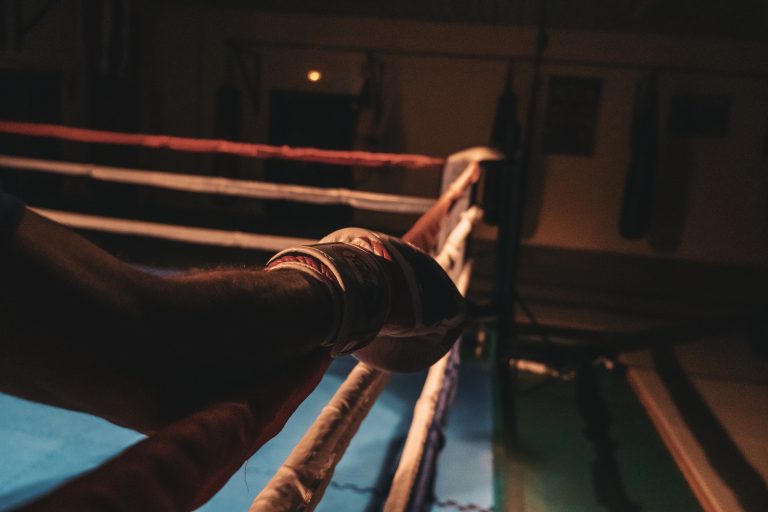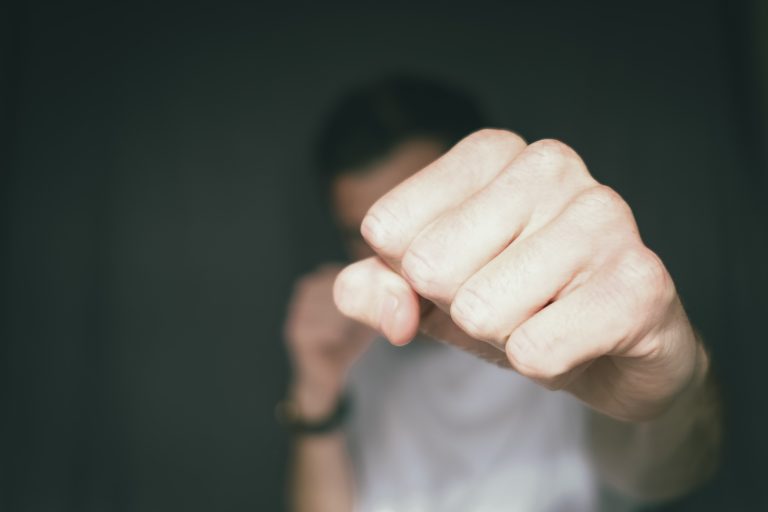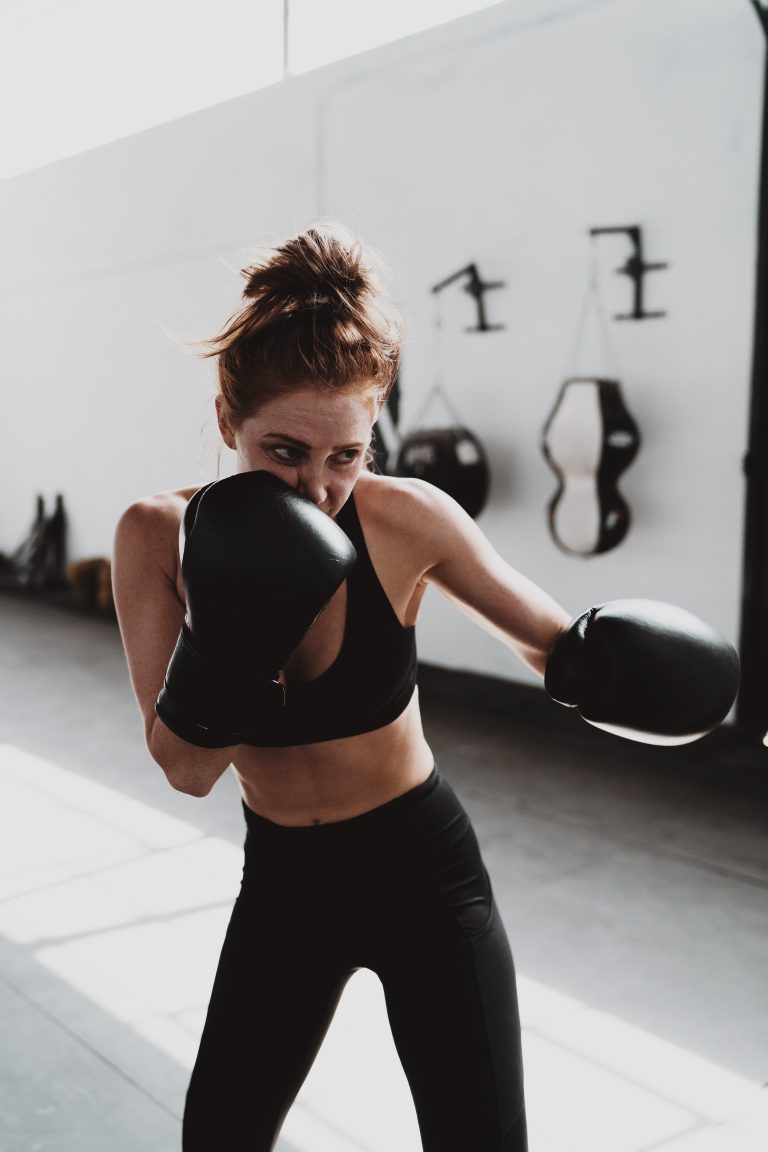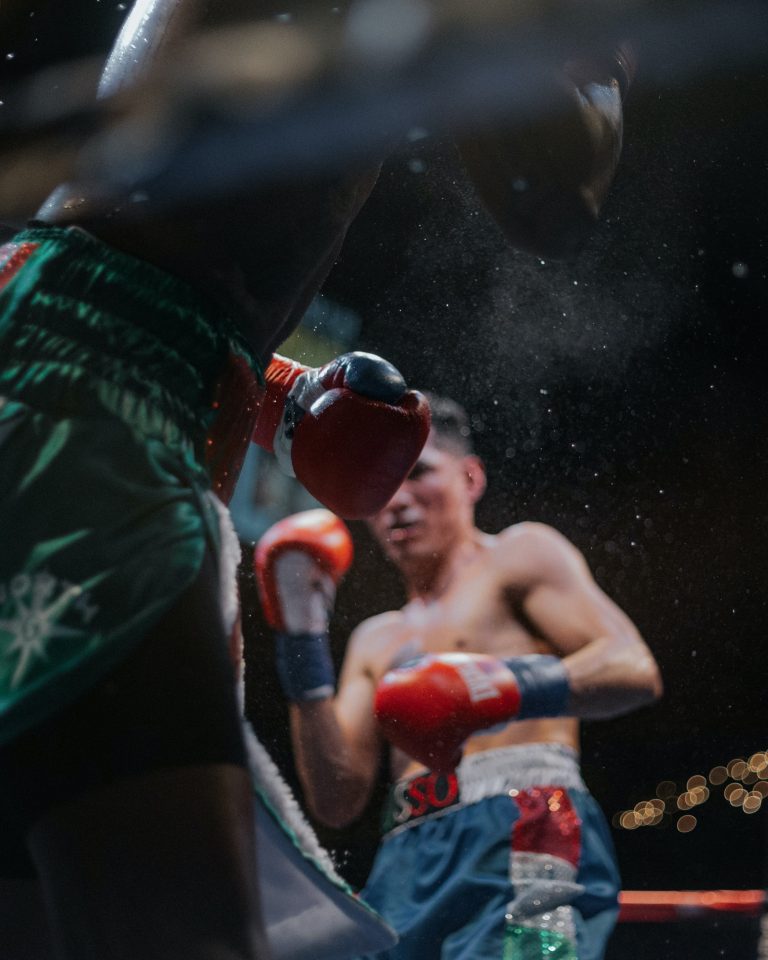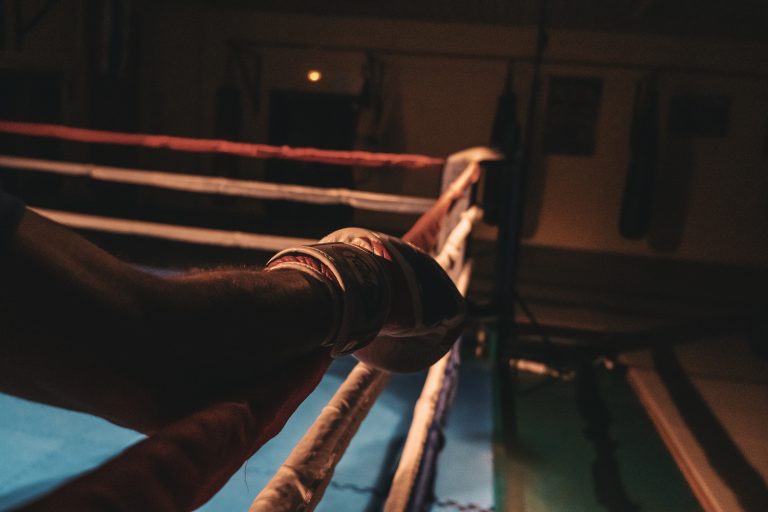What Do I Have to Pay Attention to During Karate Training?
Karate is a martial art that originated in Japan and has become popular all around the world. It is an excellent form of exercise that helps improve strength, flexibility, balance, and focus. If you are just starting with karate training, there are several things you need to keep in mind to get the most out of your training and to stay safe.
Wear Proper Attire
One of the most important things to keep in mind during karate training is to wear the appropriate attire. This includes a gi (karate uniform), a belt, and protective gear (e.g., mouthguard, groin guard, and hand wraps). Loose-fitting clothing is also recommended to ensure a full range of motion without any restrictions.
Warm-up and Stretch
Always start with a warm-up and stretching routine to prevent any injuries. A proper warm-up can be anything from jogging, cycling, or jumping jacks, followed by bodyweight exercises like squats, push-ups, and lunges. After the warm-up, focus on stretching the muscles that will be used during karate training, such as the legs, hips, shoulders, neck, and back.
Listen to your Body
Karate training involves a lot of physical movements, which can be challenging, especially for beginners. Always listen to your body and don’t push yourself too hard, too fast. Rest if you need to, and don’t hesitate to ask for help or clarification if something doesn’t feel right.
Stay Hydrated
Dehydration can cause fatigue, cramps, and other health problems, so it’s crucial to stay hydrated during karate training. Bring a water bottle with you and take sips between exercises or when you feel thirsty. Avoid drinking excessive amounts of liquid at once to prevent stomach discomfort.
Focus on Techniques
Karate training involves learning a variety of techniques, such as strikes, kicks, blocks, and throws. It’s essential to focus on these techniques, practice them repeatedly in a slow, controlled manner, and gradually increase the intensity. It’s better to learn each technique correctly, rather than trying to advance too quickly and risking an injury.
Respect your Instructor and Fellow Students
Karate is not just about physical fitness; it’s also about mental discipline and respect. Always show respect to your instructor and fellow students and follow the dojo’s rules and guidelines. This includes arriving on time, bowing when entering or leaving the dojo, and showing gratitude and appreciation for your training partners.
In conclusion, karate training can be both physically and mentally demanding, but it can also be an incredibly rewarding experience. By following these tips and paying attention to your body, you can stay safe, prevent injuries and get the most out of your training. Remember to always practice hard, persevere, and respect your training partners and instructor.
What Do I Have to Pay Attention to During Karate Training?
If you are thinking of starting karate training or you are already into it, it is essential to know what you have to pay attention to during the training to get the most out of it. Karate is not only about physical training, but it also requires mental strength, focus, and discipline. In this blog post, we have gathered the most frequently asked questions about karate training to help you understand the essential things you need to pay attention to during karate training.
1. What should I wear to karate training?
The karate gi is the traditional uniform worn during karate training. It consists of a white cotton jacket, pants, and a belt. It is essential to wear a clean and well-fitted gi to avoid any discomfort or distraction during training. It is also recommended to wear comfortable and clean shoes, especially if the training is done outside or on a rough surface.
2. What is the correct way to bow in karate training?
Bowing is an essential part of karate training, and it shows respect for the dojo and the sensei. To bow properly, stand straight with your feet together, hold your hands at your sides, and bow approximately 15 degrees forward from the waist. When bowing to the sensei or a fellow karateka, touch your head to the floor.
3. How do I make progress in karate training?
Progress in karate training is not just about mastering a particular technique or move, but it is about improving yourself as a whole. To make progress, you need to pay attention to your technique, practice regularly, and maintain a positive attitude throughout the training. You also need to set goals for yourself and work hard to achieve them.
4. Can I do karate training with an injury?
It is not advisable to do karate training with an injury, especially if it is a severe one. Doing so may not only aggravate the injury but also harm you further. It is essential to consult your doctor before continuing your training if you have an injury. Your sensei may also modify the training to accommodate your condition.
5. What is the importance of warm-up exercises in karate training?
Warm-up exercises are critical in karate training as they prepare your body for the rigorous physical activities that you will do during the session. They also help to prevent injuries by increasing your body temperature, heart rate, and blood flow to your muscles. Warm-up exercises should include stretching, jogging, and drills to improve your flexibility, endurance, and strength.
6. How important is breathing in karate training?
Breathing is essential in karate training as it helps to regulate your body’s oxygen supply, control your movements, and increase focus and concentration. In karate, breathing is done through the nose, and you should exhale when performing a striking technique and inhale when moving back into your starting position.
7. How important is discipline in karate training?
Discipline is one of the core principles of karate and is essential in the training process. It helps to develop your mental and physical strength, improves your focus, and builds self-confidence. Discipline also helps to instil a positive attitude towards training, and it helps you to become a better karateka.
8. Can I train alone, or do I need a partner?
While it is possible to train alone in karate, it is recommended to have a partner or a group to train with. Training with others helps to improve your technique, and it also makes the training more enjoyable, motivating, and challenging. Having a partner also helps to simulate real-life scenarios, such as sparring or self-defence situations.
9. How often should I train?
The frequency of your training depends on your schedule, age, and fitness level. However, it is recommended to train at least two times a week, with each session lasting for around an hour. Consistency is essential in karate training, and it is better to train regularly at a lower intensity than to train irregularly at a higher intensity.
10. How long does it take to master karate?
Mastery in karate is a lifelong journey, and it takes years of consistent practice, dedication, and hard work. However, you can start seeing improvements in your technique, physical and mental strength, and discipline within a few months of training. The key is to set long-term goals for yourself and work hard towards achieving them.
In conclusion, karate training requires physical and mental strength, discipline, focus, and dedication. To get the most out of your training, you need to pay attention to what you wear, how you bow, how you breathe, and how often you train. It is also essential to warm up properly, to train with others, and to set achievable goals for yourself. With consistent practice and a positive attitude, you can become a better karateka and achieve mastery in this ancient martial art.
Inhaltsverzeichnis

